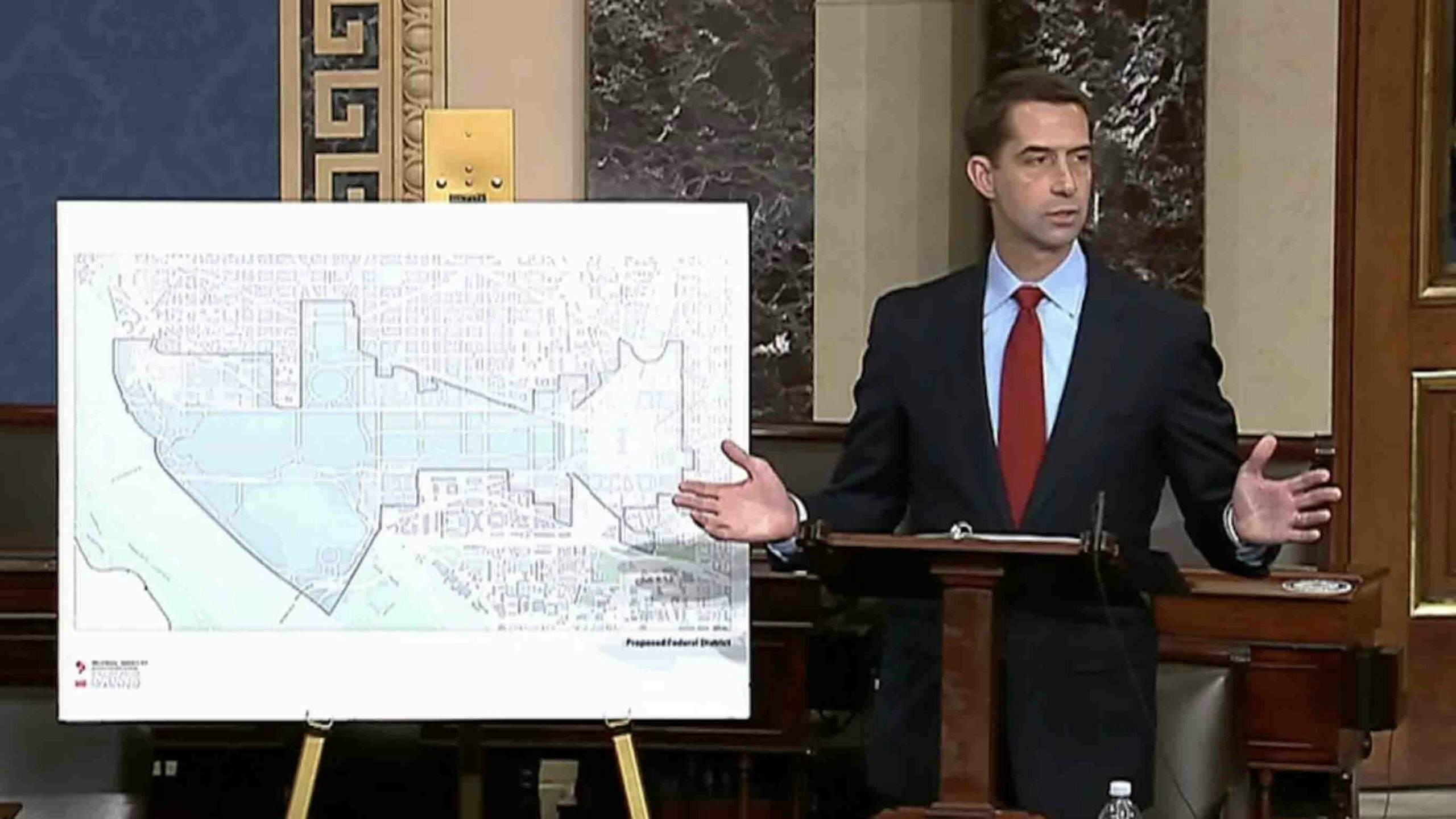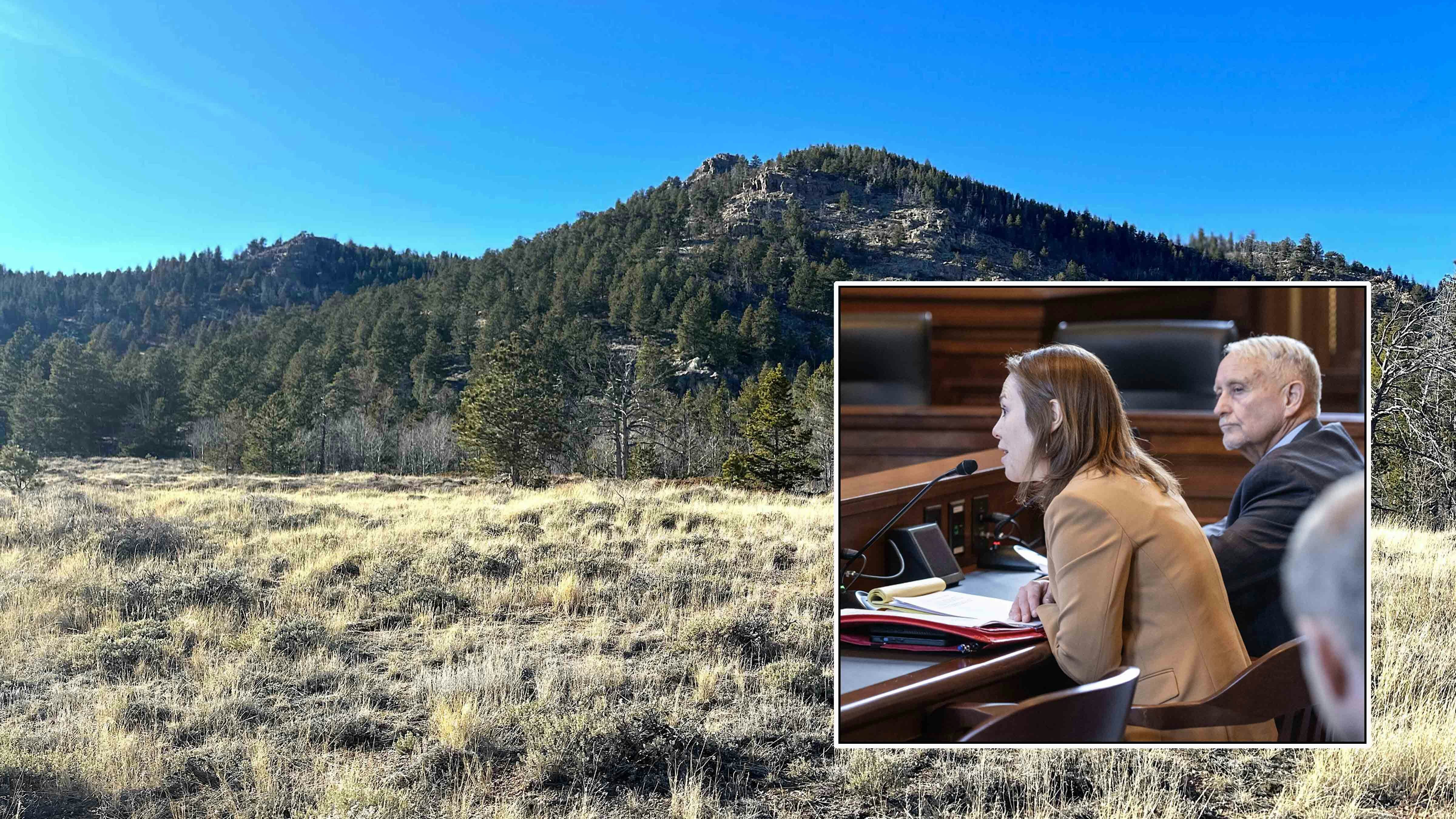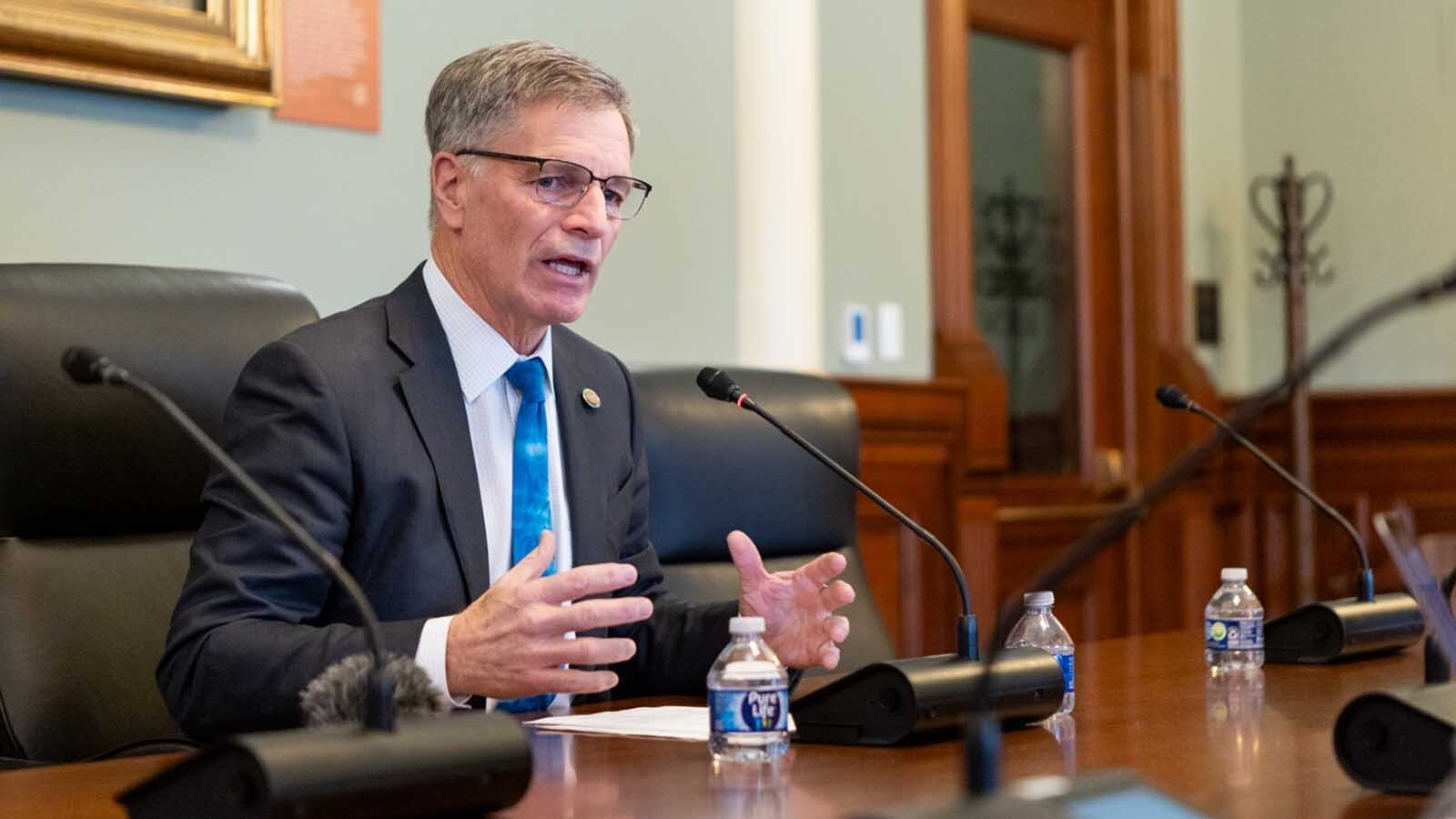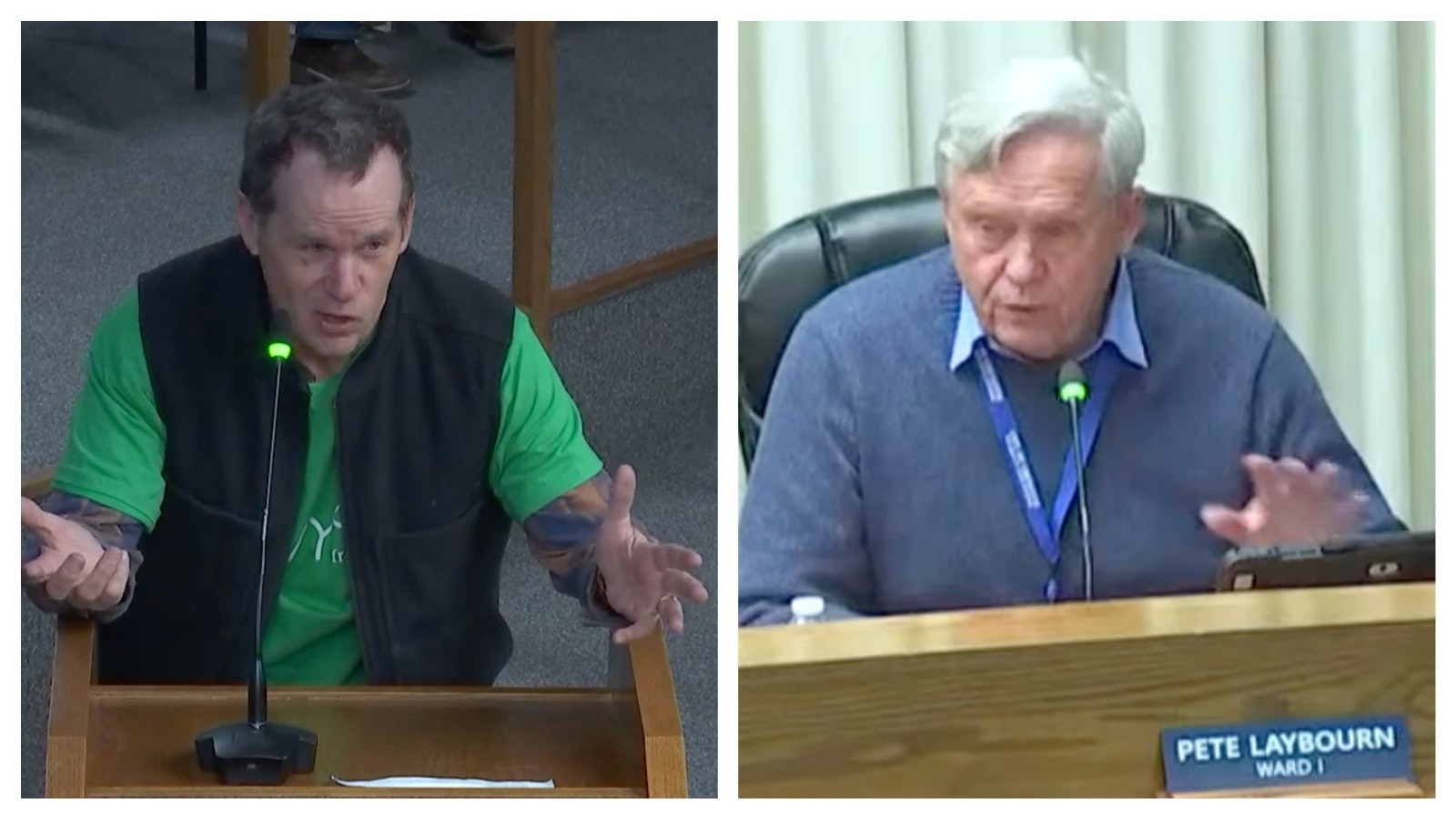The House of Representatives will vote Friday on a bill that aims to make the District of Columbia the 51st state in the nation.
Arguing against the bill on Thursday was U.S. Sen. Tom Cotton, R-Arkansas.
In his argument, Cotton compared the District of Columbia to Wyoming likely because a frequent criticism of those who desire Washington, D.C. to become a state is that the district has a higher population than the cowboy state.
“Yes, Wyoming is smaller than Washington, D.C. by population,” Cotton said. “But it has three times as many workers in mining, logging, and construction and 10 times as many workers in manufacturing.”
“In other words, Wyoming is a well-rounded working class state. A new state of Washington, D.C. would not be,” he said.
“What vital interests would the new state of Washington, DC represent? Lobbying? Bureaucracy?” he asked himself.
“By far the largest group of workers in the city are bureaucrats and other white collar professionals,” he said. This state would be nothing more than an appendage of the federal government.”
The aftermath? Predictable.
Just as he was roundly criticized by the mainstream media for an opinion piece he authored in the New York Times advocating the federal government push back on rioters in the country, he was slammed for this opinion as well.
“Why should should people’s political rights depend on their participation in the resource-extraction economy? Is it because people who work in those fields are … well, hold that thought,” wrote New York magazine’s Jonathan Chait.
Mark Joseph Stern of Slate magazine tweeted, “Tom Cotton is racist.”
Max Berger, who describes himself as a political organizer for social democracy went there too.
“Wyoming: 578,759 residents; 91.6% of them are white. D.C.: 705,749 residents; 45.5% of them are Black. Tom Cotton thinks Wyoming should be a state, but D.C. should not. I wonder why!,” he tweeted.
The likelihood of Washington, D.C. becoming a state — at least for now — is small. Senator Mitch McConnell has vowed that the bill never see the light of day on the senate side and President Trump has said he would veto any such bill.
As for public support, only 29% of the country supports it according to a recent Gallup poll.





